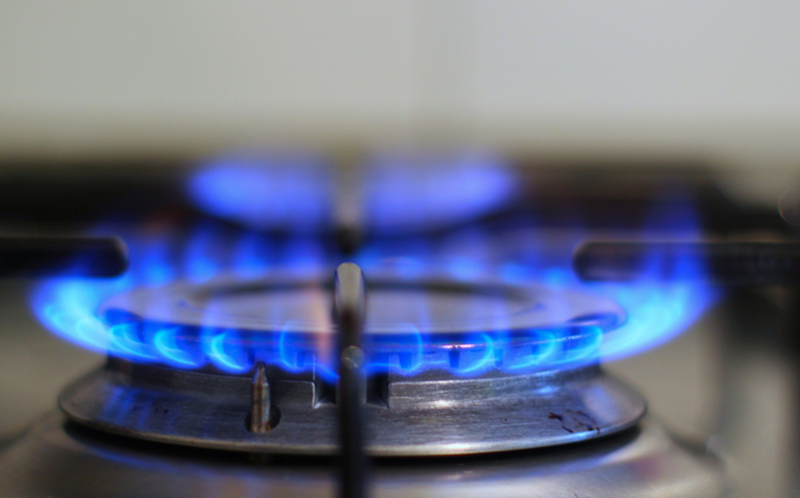The state of New York is making headlines for taking steps to ban gas stoves and furnaces in new construction. What Gov. Kathy Hochul, a Democrat, and other elected leaders are calling a necessary step to reduce emissions and help the climate, critics are describing as stupid, and for more than one reason. Consider Jonathan Lesser. The president of Continental Economics and Adjunct Fellow for the Manhattan Institute says the gas stove ban will result in much higher costs for consumers and businesses.
“It is a stupid idea because New York gets most of its electricity from fossil fuels like natural gas,” Lesser told me. “You will be phasing out direct consumption of natural gas such as a furnace with a 90% efficiency, and then installing an electric heat pump using electricity generated say from natural gas with a 50% efficiency, so, you are going to end up using more energy for the same amount of end-use heat.”
It’s not an exaggeration to say New York gets most of its electricity from fossil fuels such as natural gas. The U.S. Energy Information Administration (EIA), which is the statistical agency of the Department of Energy, says natural gas was the major source of electricity for New York in 2020, the most recent year available online. Renewables didn’t provide much. Nuclear and hydropower provided far more juice than renewables, and nuclear and hydropower provided a fraction of what natural gas provided New York.
Meanwhile, banning gas stoves and furnaces in new construction in New York isn’t going to solve the so-called climate crisis. The New York plan will start for a few more years, and it will only be phased-in every few years. Existing buildings in the state of New York, of which there are too many to count, will not be affected.
“The impact on climate in terms of reduced CO2 emissions is going to be negligible, and in fact they may go up again because instead of direct consumption of natural gas, you have indirect consumption with all electricity generated in large measure by natural gas,” Lesser told me. “So, from a climate standpoint, this thing is idiotic; It will not have any measurable impact on climate at all.”
There’s one other reason why this week’s move might result in more people fleeing New York or making t-shirts saying, “I Hate NY” instead of “I Love NY.” The Empire State is no stranger to blackouts. Severe weather happens, and whether it is snowfall or high temperatures, New York—especially New York City—occasionally loses electricity. Jeff Stier of the Consumer Choice Center is familiar with that situation.
“I have lived through a couple of major blackouts in Manhattan, and I resorted to my gas grill out on my terrace,” Stier told me. “My friends brought their defrosting food over to my place to cook because most people had no way to cook it.”
Some of Stier’s friends were living in the then-new construction that was already electric-only.
“We have kind of a little bit of a case study,” Stier told me. “When we had power outages, which are not completely infrequent, they came to me because I had gas.”
It has been my experience covering these issues over the years that some readers will roll their eyes at New York or whatever blue state it is and give thanks they don’t live there. That should be avoided in this situation. Gov. Hochul, on board with this idea for months, told reporters in an Associated Press story this week that “this is where our nation has to go eventually.” Because this was an AP story, and because news outlets of all sizes rip and read from the AP, which is known to bury the concerns of critics and skeptics, people see this stuff and think “Wow, we need to do this where I live!”
What’s happening today in Buffalo, Albany and Manhattan, New York could be coming one day in Buffalo, South Carolina, Albany, Minnesota, or Manhattan, Kansas. When it does, don’t say experts and New Yorkers did not warn you.

